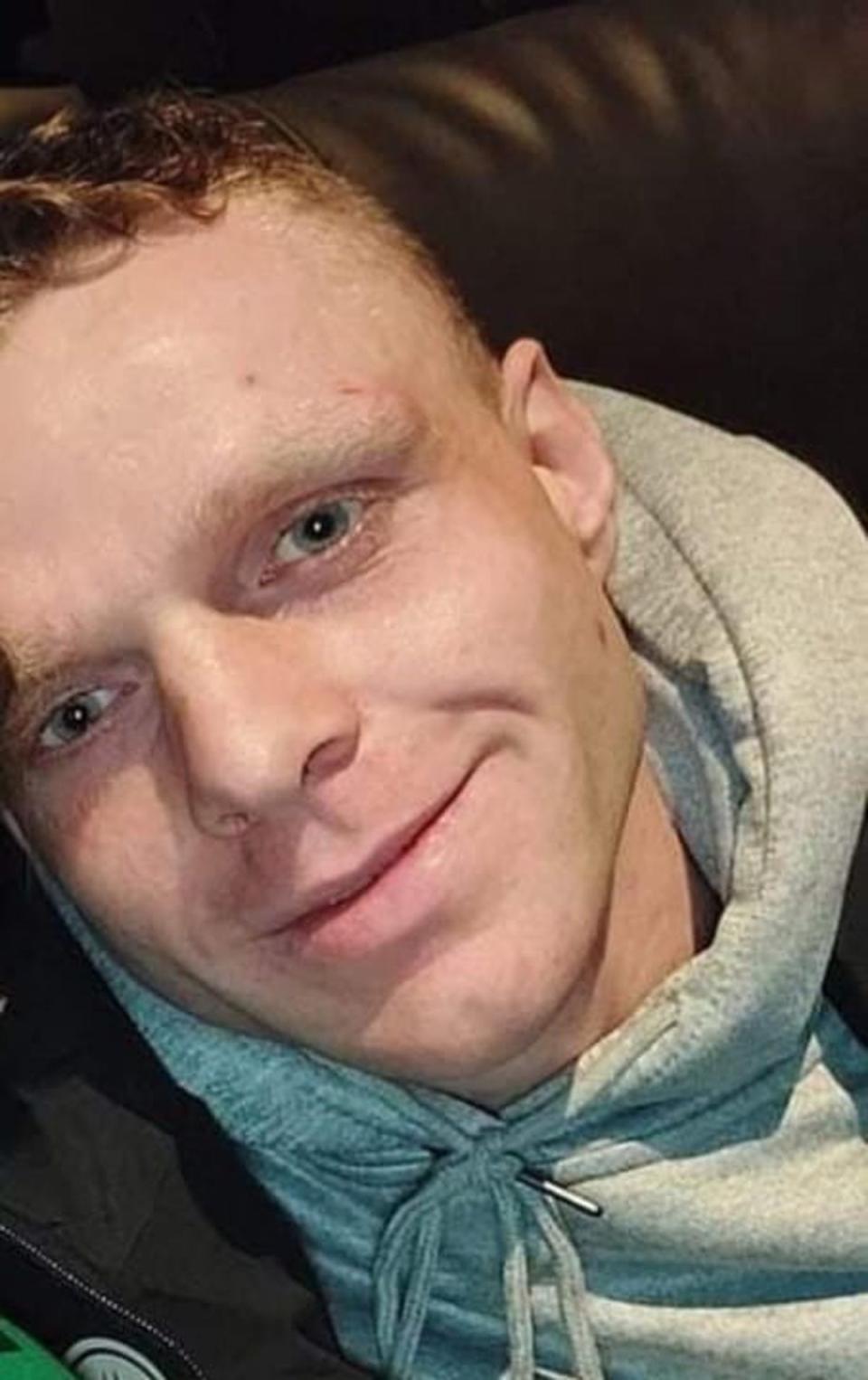Revealed: Scandal of healthy mental health patients trapped in hospitals for years

Mental health patients have been left languishing in hospitals for years due to a chronic shortage in community care, as the number of people trapped on wards hits a record high, The Independent can reveal.
Analysis shows 3,213 patients were stuck on units for more than three months last year, including 325 children kept in adult units. Of those a “deeply concerning” number have been deemed well enough to leave but have nowhere to go.
One of these cases was Ben Craig, 31, who says he was left “scarred” after being stranded on a ward for two years – despite being fit enough to leave – because two councils fought over who should pay for his supported housing.
He missed his daughter's birth and didn’t meet her until she was 18 months old while waiting to be discharged, which only exacerbated his depression.
He told The Independent: “I was promised I was going to be moving on, but it just seemed like it went on forever.”
The average stay for patients in low-security hospitals was 833 days in 2022-23. The NHS does not collect data on how long people are waiting to be discharged, but mental health charity Mind said Mr Craig’s case was far from unique.
Leaked reports, obtained by The Independent, also reveal NHS community services are struggling to see patients, while the NHS is spending hundreds of thousands of pounds a year to house those who could be discharged.
Documents for 2022-23 obtained and analysed by The Independent reveal:
Adult mental health beds cost the NHS between £500 and £1,000 a day, compared to £5,000 per patient per year for community care
One in five referrals for community care was rejected as the NHS battles a 12 per cent staff vacancy rate
Patients waited 13 weeks on average to see a community mental health worker, but some waited up to 60 weeks
The 3,213 patients stuck for more than three months was an increase of 639 on the year before and an all-time high, according to an analysis of NHS data
In August, 10 per cent of patients were waiting 221 days to start community treatment
One in 10 patients under a community mental health team did not see a healthcare worker for a year
Saffron Cordery, deputy chief executive for NHS Providers, which represents hospitals, told The Independent mental health patients stuck in hospitals were experiencing “personal distress” and getting ill again while they wait.
She called on the government to put mental health on an “equal foot” to physical care and said not doing so suggested the government was content not to treat all patients equally.

One senior NHS source said long stays in mental health units had become “normalised” and patients were becoming institutionalised.
“These 60 and 90 [days] stayers are just being medicated and drifting. They’re adjusting meds to stabilise the person ... These long-stays people can get completely dependent, they lose contact with the world [and] their life, They’re terrible for people,” they said.
‘Robbed’
Mr Craig was admitted to Prestwich Hospital in September 2019 with psychosis from prison after his mental health deteriorated and he began hearing voices.
In 2020 he was told by doctors he was well enough to be discharged home after his sentence ended. However, he then had two years of his life “robbed” as two councils rowed over who should fund the mental health hostel he needed to be discharged into to support his recovery.
He was eventually discharged into supported living in September 2022 where he still receives mental health support.
Mr Craig, who now lives in Manchester, told The Independent: “I was very depressed, I am still not over it properly yet. When I was there, I just didn’t want to go out or anything, so just stayed in my bed all the time.
“I missed my daughter’s birth, and I didn’t see her until she was eighteen months old ... it’s left me scarred.”
Even when he was finally discharged into supported living accommodation he says the community mental health team had “no input” into his care and says he was still struggling to get in contact with his community service team.
Rheian Davies, head of Mind’s legal unit, told The Independent that cases like Mr Craig’s showed councils were failing in their legal duty to fund mental health support in the community.
She said the charity had seen patients with longer discharge delays than Mr Craig’s due to this problem.
“It’s deeply concerning that people are finding themselves stuck in hospital, their lives on hold, due to a lack of supported housing,” she said. “Delays in leaving hospital cause uncertainty and anxiety that can hamper or even reverse recovery.
“This takes a huge emotional toll on the person and their loved ones, but the delay in discharge also means there are fewer beds available for people experiencing mental health crises.”
She added that patients “deserve much better than being held indefinitely in hospital settings when they are well enough to return to the community”. Ms Davies said: “This case [Mr Craig’s] is a real opportunity to reduce the delays and hurdles caused by a disjointed system.”
Greater Manchester Mental Health Foundation Trust said: “We work hard with all our system partners to ensure where patients are ready for discharge, they can do so as quickly as it is safe to do so.”
Abena Oppong-Asare, Labour’s shadow mental health minister, said The Independent’s exposé showed NHS mental health services were “in crisis”.
She added: “The Independent investigation reveals the appalling reality that patients are being left in hospital for months, when community care can be far more effective and less expensive for the NHS.”
As part of its election manifesto pledges, Labour has promised to recruit 8,500 more mental health professionals, paid for through plans to abolish “tax loopholes for private equity fund managers and tax breaks for private schools”.
The Department of Health and Social Care said in 2021-22 an additional £116m was invested in the NHS for mental health discharges and that it will have invested £1bn more in the sector by March 2024.
An NHS England spokesperson said: “There is no doubt mental health services are under significant pressure, with the NHS treating record numbers of young people and community crisis services seeing a 30 per cent increase in referrals compared to before the pandemic, and NHS urgent and emergency care also treating record numbers.”


